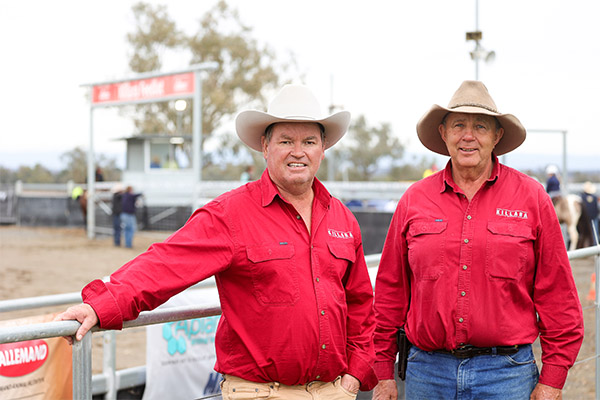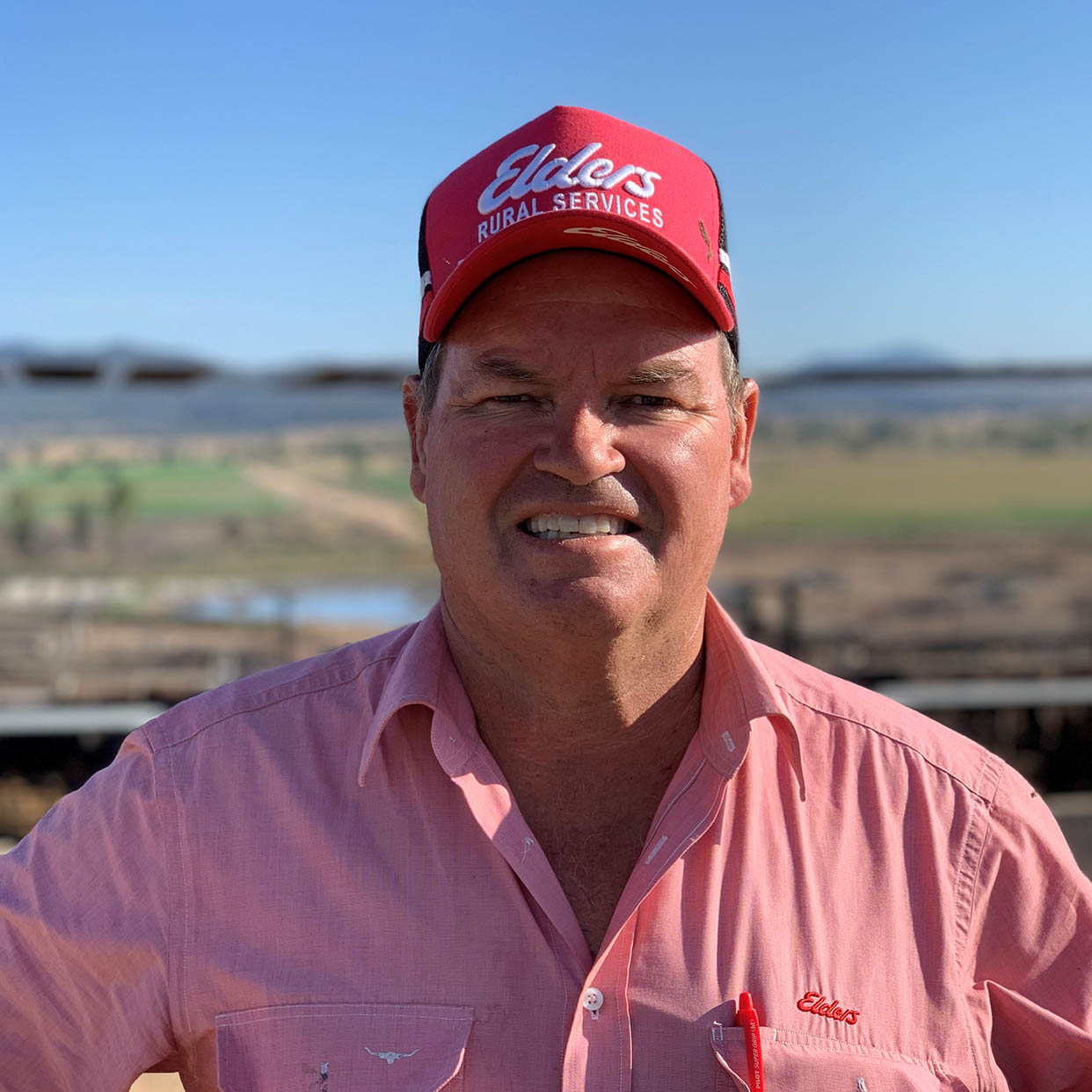A solar farm, an antimicrobial stewardship plan and world-first disease detection trials are just some of the measures Elders Killara is implementing to prioritise sustainable operations.

On the outskirts of Quirindi, New South Wales, lies Killara Feedlot, a 20,000-head beef cattle feedlot operated by Elders.
Killara is committed to supplying high-quality beef products, while operating sustainably. The initiatives in place at Killara are wide-ranging, and include measures based in both animal and environmental welfare and best industry practices.
Andrew Talbot, General Manager of Killara, explained that investing in new technology and adopting sustainable practices is crucial for the long-term health of the feedlot and just good business.
“Prioritising environmental and social factors results in better operations overall,” he said.
“As staff safety and community engagement improve and our environment is better looked after, our cattle become healthier and happier.”
One of the most exciting developments is Killara’s involvement in a world-first trial for the early detection of Bovine Respiratory Disease (BRD). Working alongside industry bodies and international universities, it is hoped the findings from the trial will deliver improvements in drug efficacy and animal health across
the globe.
Similarly, autogenous vaccine development, targeting the bacteria unique to BRD at Killara has seen vaccines approved and in use at the feedlot. Such vaccines are not yet commercially available in Australia, placing Killara in a unique position to reduce illness and mortality rates in cattle. Whilst in the early stages, there are positive early signs.
The feedlot has an antimicrobial stewardship plan in place, which is part of the facility’s ambition to reduce antibiotic use in cattle. Killara works closely with cattle suppliers as part of this plan, ensuring cattle are best prepared for feedlot entry, with strong immune response capabilities. The trends in recent years for animal health are positive, with excellent gains being recorded and mortality rates from BRD falling from 1 to 0.5 per cent over the past five years.
There are further plans for milling operations at the feedlot to run predominantly on solar power, which is set to be sourced on-site from a 500 kilowatt solar farm, due for completion in late 2022.
Andrew explained this will reduce Killara’s dependence on electricity from the grid produced by fossil fuels.
“The solar farm is expected to supply most of the electricity used by our mill and potentially export an additional 200MWh of renewable electricity,” he said.
The removal of fossil fuels to power the processing mill at Killara is also underway.
“We are exploring other green energy sources such as hydrogen to power the plant in a clean and sustainable way."
Andrew Talbot, General Manager of Killara Feedlot.
Other initiatives include the establishment of a centre pivot irrigation system to maximise water use efficiency, and a continued focus on managing nutrient and moisture levels in soil to optimise soil health and productivity.
In the coming months, Killara will be focusing on further developing its understanding of its current soil carbon baseline at Killara and its total farm carbon footprint, to identify more opportunities for improvement.
The initiatives at Killara are part of Elders’ wider commitment to sustainability, as outlined in Elders Eight Point Plan.
Mark Allison, Elders’ Managing Director and CEO said he is pleased to see the initiatives at Killara come to life.
“Sustainability is a core objective of Elders as we continue to operate, grow and support our people and communities,” he said.
“The efforts being made by our team at Killara are proof of this; Elders prioritises and celebrates responsible operations.”
Andrew said he is proud of the leadership that Killara is taking regarding sustainability, explaining that the health of the business is much more than just its profitability.
“The balance sheet of the business is now healthier and more financially sustainable which is great news for all of our stakeholders,” he said.
“But the real health of the business is more than the financial returns; it needs to include the health of the environment, the animals and the engagement of the staff, to ensure that those financial returns are sustainable into the future.”
Meet the team
